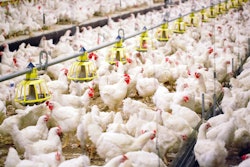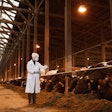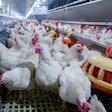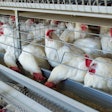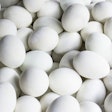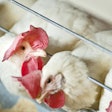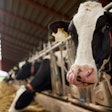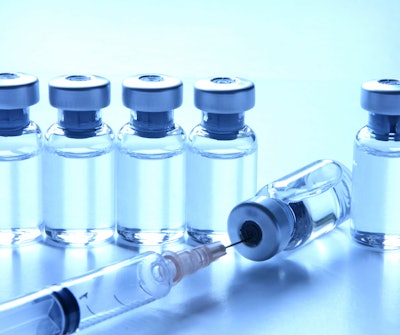
A vaccine discovery for Clostridial dermatitis in turkeys could lead to developing improved prophylactic strategies against other Clostridium diseases in broilers and turkeys.
Clostridial dermatitis is a major disease of commercial poultry, particularly in grower turkeys (13-18 weeks of age). The disease in infected birds spreads rapidly resulting in a very high mortality,
It is caused by a certain species of bacterium called Clostridium, which are opportunistic pathogens living in intestinal microflora and the farm environment and can cause disease in stressed or immunosuppressed birds.
Traditionally, antibiotics were used to effectively control this disease; however, a growing trend of moving away from use of antibiotics in poultry production in recent years to mitigate the spread of antibiotic resistance in bacteria has necessitated finding alternatives to antibiotics.
“When you talk about antibiotic alternatives, there are several products, but in my opinion, vaccines are the best,” said Ravi Kulkarni, Assistant Professor, Poultry Health Management at North Carolina State University.
A new take on Clostridium prevention
The project, funded by the U.S. Poultry and Egg Association (USPOULTRY), built on previous research showing that controlling a key virulence factor of Clostridium septicum bacteria called alpha toxin (ATX) could be key to improving disease prevention.
“What we wanted to do was to identify the non-toxic segments of ATX and use their DNA sequences to develop recombinant subunit vaccines and then see if these can be protective antigens,” Kulkarni added. The results of an animal study were promising.
He then focused on food-grade probiotic bacteria called Lactococcus lactis to construct oral vaccine that not only can provide protection but also may help in improving gut health. Of the two non-toxic segments tested, both were effective with one called the Domain-2 gave superior protection in turkeys.
“Going forward, what we are trying to do is to use the turkey origin probiotic Lactobacillus strains,” explained Kulkarni, noting that while the Lactococcus performed well, he wants to develop a vaccine using good bacteria found naturally within the turkey gut that can possess anti-inflammatory properties.
“Investing in these projects can be time consuming, however the benefits are really big and long-lasting,” he concluded.



